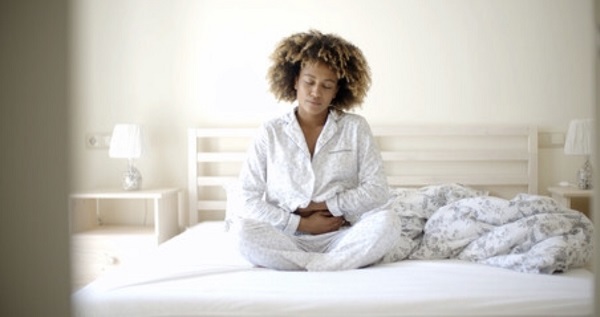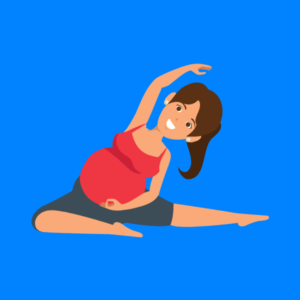Being pregnant is fabulous, probably one of your biggest dreams come true but if you are one of those that experiences morning sickness, then it’s not a so nice experience. It’s very common to feel sick and tired during the first few months of pregnancy, and though less common, could last throughout the pregnancy which could be very unpleasant.
It is thought to be caused by increased levels of hormones, especially HcG. Its main symptoms are extreme tiredness, nausea, and sometimes vomiting.
Even though it is called morning sickness, it can happen anytime of the day and also throughout the day. It has no known effect on the baby’s health although if it gets too severe, you should consult your doctor. He/she might prescribe anti-nausea medication (antiemetic) or you might be experiencing hyperemesis gravidarum .
Also some studies indicate that morning sickness proves that it’s most likely to be a healthy pregnancy with a lower rate of still births and miscarriages. This doesn’t mean if you don’t have morning sickness , your pregnancy will not be a healthy one.
Risk factors
There are some things that increase your chances of getting morning sickness, though increased production of HcG is the most likely cause. You might be more likely to get it, for example, if you:
- are a first time mum to be
- Have had morning sickness previously
- Have had travel sickness before
- Are carrying multiple pregnancy e.g twins, triplets
- Are overweight
- have a family history of morning sickness
There is no known cure for morning sickness so what can you do to relieve symptoms:
- Rest!rest!rest! as much as you can. You will feel better when well rested than when tired
- Nibble on dry toast or a plain biscuit right before you get out of bed
- Eat small, frequent meals of plain foods that are high in carbohydrate and low in fat (such as bread, rice, crackers and pasta). do not eat large meals at as they can make morning sickness worse.
- Ginger tea and ginger biscuits could help.
- Drink plenty of fluids, such as water (sipping them little and often may help prevent vomiting)
- Vitamin B6 has been shown to be effective at reducing nausea and vomiting as well.
- Avoid sugary foods and foods that make you sick.
Generally, loads of rest and diet changes are the main things you need to do to treat morning sickness. If you feel too sick to do anything, speak to your doctor who can prescribe some anti-sickness medication



